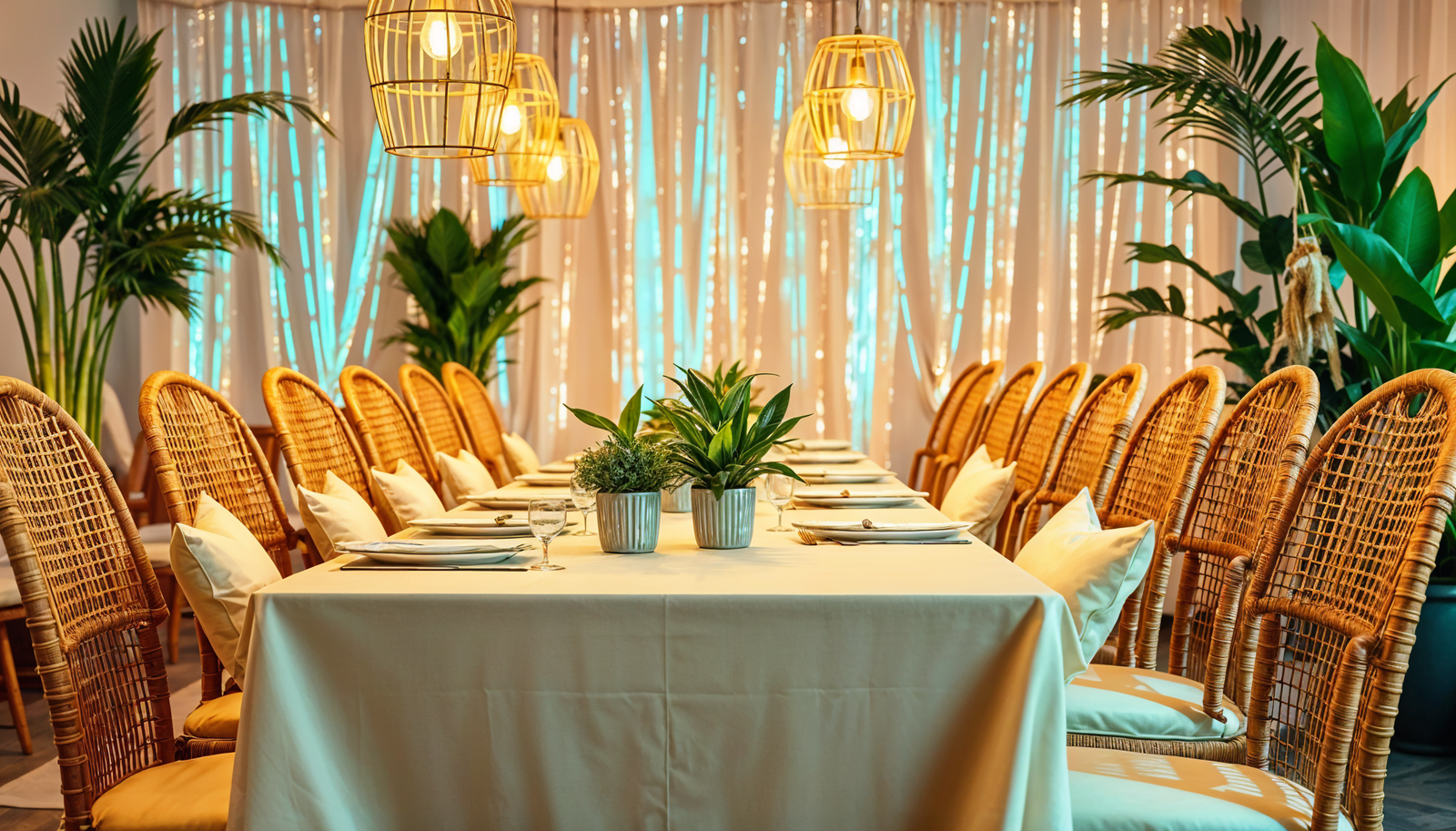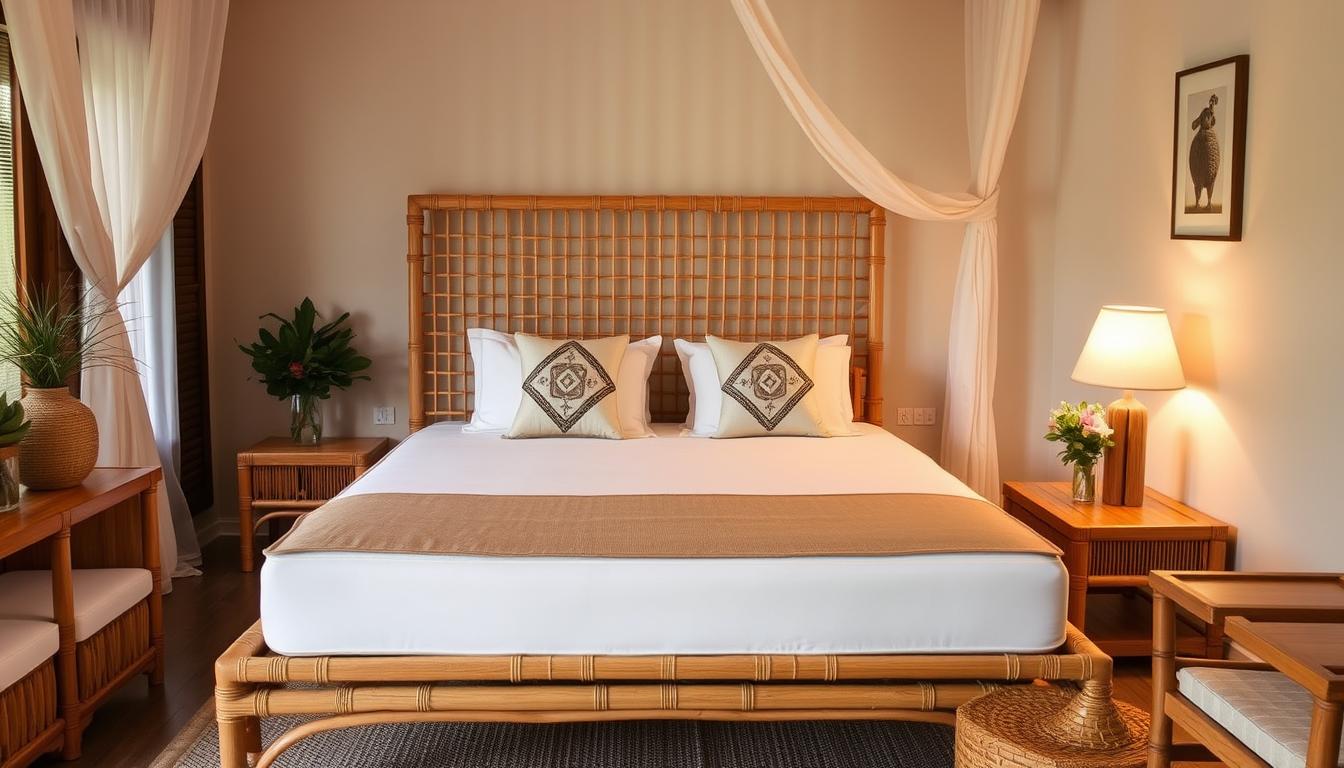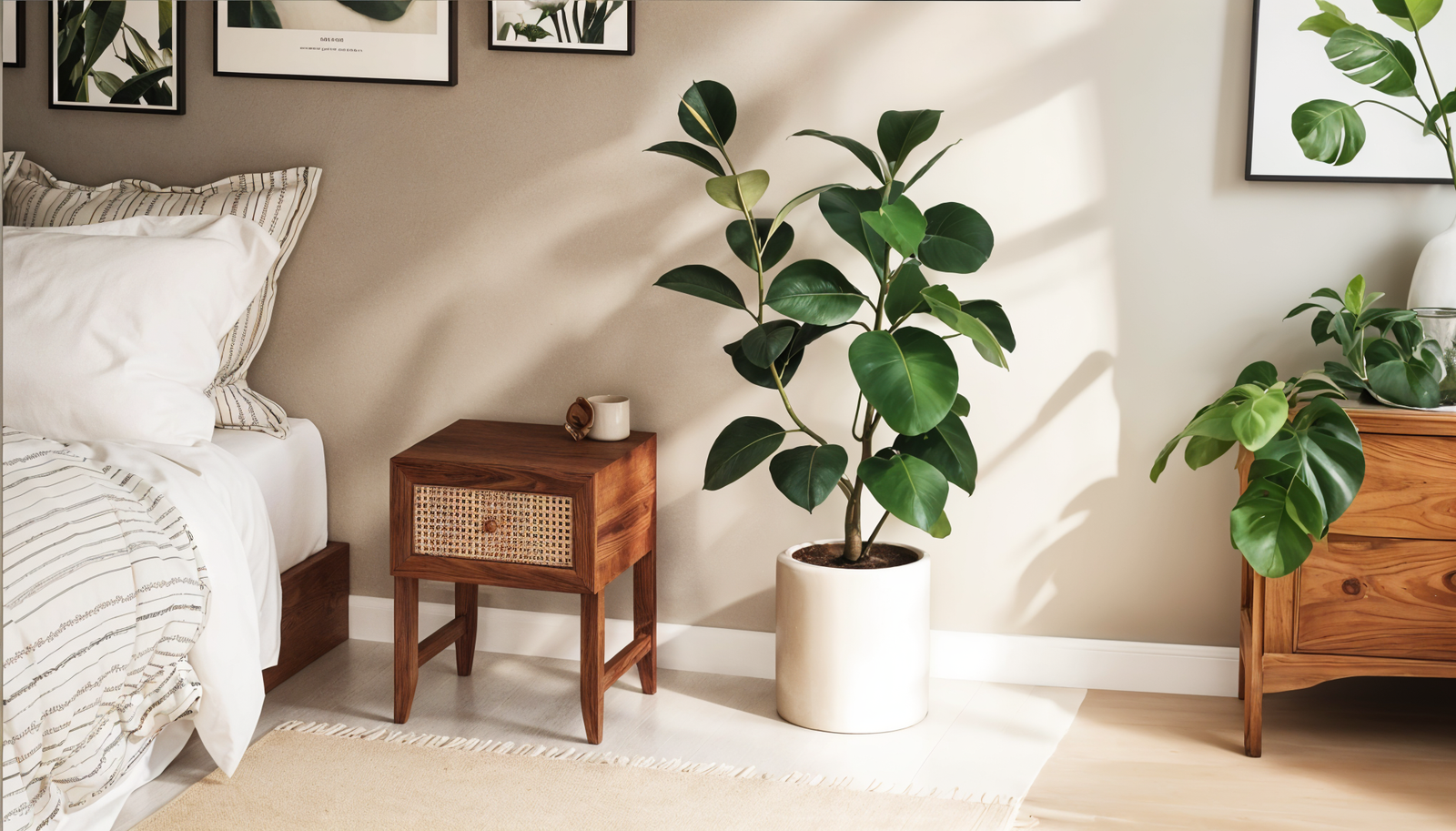🤍 Unmatched Quality, Authentic Craftsmanship
🤍 Unmatched Quality, Authentic Craftsmanship
🤍 Unmatched Quality, Authentic Craftsmanship
Choosing the best coasters can be challenging. They come in a variety of materials, from the classic cork to the modern acrylic.
Each material has its own unique benefits. Today, we'll dig into the world of coaster materials.
We'll find out which ones are best for both protecting your furniture and adding style to your home.

Wooden coasters are more than just a tool to keep your table dry. They add a warm and natural look to any place.
Being both strong and durable, they are perfect for keeping heat and moisture off your furniture.
Plus, with so many types of wood available, you can find the coasters that fit your style best.
Wooden coasters are great for many reasons. They use less wood than other items, making them an easy project for anyone who likes woodworking.
They're also really nice to give as gifts because they're small and quick to make.
You can have fun decorating them with finishes that aren't for food, mixing function with creativity.
No one likes water stains on their furniture. That's where wooden coasters come in.
They protect your table while bringing in a bit of nature. And because there are so many types of wood, you can make or find some that really stand out.

Maple and cherry are great for making coasters that last and look good. They offer different grains, colors, and textures, fitting with many decors.
Maple is known for being great for coasters. Its light color and unique patterns are classics. You can choose a smooth look or enjoy the wood's variations.
Cherry wood coasters bring warmth with their deep red tones.
Their fine grain adds elegance. They work well with any decor style, from traditional to modern.
Maple and cherry coasters are strong, resist moisture, and naturally look good.
They make a great DIY project or a gift for someone who loves design.

| Wood Type | Aesthetic | Durability | Moisture Resistance |
|---|---|---|---|
| Maple | Light, Classic | Excellent | Good |
| Cherry | Rich, Warm | Excellent | Good |
Softwood species like pine and cedar are great for making coasters.
They're cheaper than hardwoods but not as long-lasting. Still, they are attractive and useful for your space.
Softwood coasters are affordable because pine and cedar cost less. This makes them a good choice for making a set of coasters without spending too much.
Just remember, softwoods need extra care to avoid damage from water and wear.
Even though softwood coasters are less durable, they have their own unique benefits.
For a special look or to try different woods, they're perfect. For instance, pine coasters have a cozy, old-fashioned feel.
On the other hand, cedar coasters smell nice and are good at fighting off bugs and rot.
Choosing softwood coasters means thinking about how you'll use them, what you want them to look like, and the care they need.
If you take good care of them, they're a smart, good-looking choice for your home.
| Wood Type | Durability | Maintenance | Aesthetic | Pricing |
|---|---|---|---|---|
| Pine | Moderate | Regular cleaning and sealing | Warm, rustic | Budget-friendly |
| Cedar | Moderate to High | Occasional cleaning and sealing | Pleasant aroma, natural finish | Moderately priced |
| Softwood Coasters | Moderate | Regular maintenance | Variety of styles and finishes | Cost-effective |

Exotic woods like padauk and bocote make for stunning coasters. They bring a unique touch to every home.
These exotic options add flair and sophistication to decoration.
Padauk stands out with its reddish-orange color and special grain. It adds a bold look to your table.
Finding and working with this wood is harder. However, the unique padauk coasters you get are unmatched.
Bocote has a beautiful striped pattern in earthy tones. These bocote coasters offer elegance that fits many styles.
Each coaster is unique, thanks to bocote's varied grain.
Padauk and bocote are rare and take skill to use. But, they offer extraordinary beauty.
They are a great choice if you want something unique. These exotic wood coasters bring worldwide fashion to your home.

Choosing the right wood for coasters means looking at how well it resists moisture.
Coasters protect your furniture from water and spills. It's crucial to pick wood that can stand up to these risks.
Teak is one of the best choices because it's excellent at repelling moisture.
Teak is loved for how it naturally fights off water. Its dense grain and oily nature make it perfect for moisture-resistant wood coasters and water-resistant wood coasters.
Additionally, its natural oils ward off water and protect against damage from condensation or spills.
By sealing and looking after teak coasters, they can keep your furniture safe for a long time.
Teak is also known for being tough and enduring. This means it can take plenty of use without wearing it down.
Its beautiful color and grain add to its charm, fitting in perfectly with all sorts of decor.
If you want your furniture to stay looking good or enhance your space with a natural touch, teak coasters are a smart buy.
Not only do they look great, but they keep your furniture well protected.
Coasters need to resist moisture. Some woods do this well and also absorb liquid. Cork is a top choice because it can soak up spills.
This prevents damage to tables. Plus, cork looks nice with many styles.
For coasters, you have more than cork to choose from:
When picking coasters, think about more than just their soak-up ability.
Look at how well they last, their look, and their cost. The right wood can keep your table safe and add beauty to your home.
Finding the best wood for coasters is not easy. There is no one right answer. Your choice should fit your needs and what you like.
Think about whether the wood is strong, can handle moisture, or is nice to look at. Maple, cherry, and oak are good picks.
But, you can also choose softer woods, ceramic, or acrylic for great coasters.
To choose the best wood for your coasters, look at the benefits and downsides of each. Hardwoods like oak last a long time.
Yet, they might not absorb water well. Cedar and teak can resist wetness.
Cork can soak up a lot. Your choice of wood affects how the coaster looks, too.
The best coaster wood fits what you need and how you want your space to look. Think about how long it lasts, if it's good with moisture, and its looks.
This way, you'll find the perfect coasters for keeping your home beautiful and safe.
| Wood Type | Durability | Moisture Resistance | Absorbency | Aesthetics |
|---|---|---|---|---|
| Maple | High | Moderate | Low | Classic, light-colored |
| Cherry | High | Moderate | Low | Rich, warm-toned |
| Oak | High | Moderate | Low | Rugged, distinctive grain |
| Teak | Extremely High | High | Low | Exotic, warm brown hue |
| Cork | Moderate | High | High | Unique, natural texture |
Consider the points above to pick the best wood for your coasters. You want a wood that does what you need and looks great.
Whether it's a classic hardwood or an unusual option, the right coasters will protect your surfaces in style.
Making custom coasters is a fun journey, and mixing various woods can make them special.
You can blend different wood colors, grains, and textures to create unique sets.
For example, combine maple's elegance with walnut's rich tones, or add bright padauk or bocote wood.
There are endless options for mixed wood coasters.
Trying out various wood combos lets you make your customized coasters shine.
For a bold look, pair light maple with dark walnut, or highlight cherry with bocote details.
Mixing different wood tones and grains creates unique coaster designs that catch the eye.
Using different woods can also give your coasters special functions.
Hardwoods like maple are stable and resist scratches. Softer woods like cedar have a natural scent.
By blending these features, your coasters will not just look good but also work well.
If you're into woodworking, playing with wood types for coaster sets is a great idea.
The satisfaction of making something unique with your hands is wonderful.
Mixing woods is an open door to countless creative options for your customized coasters.
So, get creative and try out different wood combinations for your coaster projects.
Wooden coasters are a unique way to add a personal touch. You can choose from various shapes and sizes to match your style and space.
Adding personal elements makes them perfectly yours.
Playing with different wood types is a great option. Mix hardwoods, softwoods, or rare types for stunning contrasts in color and grain.
This makes your set of customized wooden coasters stand out.
There's even more ways to customize them. Think inlays, special patterns, or laser engraving.
These details turn a plain coaster into something special. It showcases your style and preferences.
Designing your own custom coaster offers endless possibilities. You can pick bright colors or stick to a natural look.
With wood, your coasters will be both unique and loved in your home or office.
| Customization Technique | Description |
|---|---|
| Wood Species Mixing | Combining different hardwoods, softwoods, or exotic wood varieties to create unique color and grain contrasts. |
| Inlays and Patterns | Incorporating decorative elements such as inlays, patterns, or laser engraving to add a personalized touch. |
| Shape and Size Variations | Experimenting with different shapes, sizes, and thicknesses to suit individual preferences and available space. |
By using the many options wood offers, you can make coasters that are truly yours.
The customized wooden coasters become a unique, functional, and beautiful part of your decor. They show off your style in a special way.
Now that you have read the above article, maybe you still have a couple of questions on this topic, so we will answer these questions below.
Maple and cherry are top picks for coaster making. Maple offers a light and classic look. Cherry wood adds a rich, warm tone to coasters.
Yes, softwoods like pine and cedar can be used. They're more budget-friendly compared to hardwoods.
But, softwood coasters need better care to fight water damage.
Moisture resistance matters for coasters. They must protect surfaces from spills.
Teak is excellent because it's naturally water-resistant. Its oils repel moisture well, preventing damage.
Mojo Boutique, an online retailer, specializes in unique and stylish home decor items, including a wide selection of absorbent wood coasters.
What sets Mojo Boutique apart is their attention to detail when it comes to wooden coaster materials.
Each coaster is carefully crafted from premium hardwoods, ensuring durability and longevity.
When it comes to the types of wood for coasters, Mojo Boutique offers a variety of options.
So, if you're on the hunt for durable wood coasters, look no further than Mojo Boutique.
With their wide selection of absorbent wood coasters, attention to detail in materials, and variety of wood types, you're certain to find the perfect coaster for your needs.
Choosing the right coaster material depends on what we need. Each wood type has its own benefits.
Hardwoods like maple and cherry are classic. Exotic woods like padauk and bocote stand out.
Softwoods and moisture-resistant woods suit different needs.
We should pick the wood that fits our needs and style. Learn about different wood properties for coasters to make a good choice.
This way, we get coasters that not only protect but also look great.
Whether we want durability, absorbency, or beauty, many top coaster wood choices are there for us.
Knowing about wood helps us choose well. We can pick wood coaster recommendations that keep our surfaces safe.
The right coasters add to our home's beauty. Plus, they help our furniture last longer.


